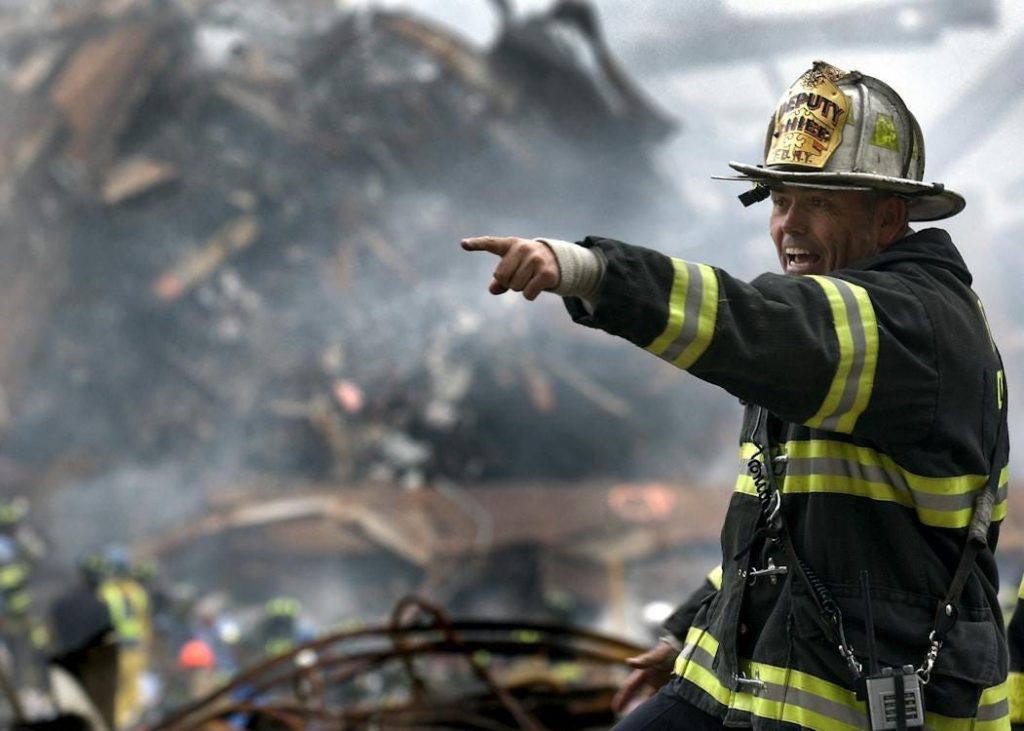Firefighting is an extremely stressful and demanding profession. Firefighters often have to witness human suffering, encounter traumatic events and even face life-or-death situations. As John Rose Oak Bluff says, these experiences often take a toll on the mental health and well-being of firefighters. It can also contribute to the development of discerning mental health concerns like anxiety, depression, substance abuse and post-traumatic stress disorder (PTSD).
John Rose Oak Bluff sheds light on the mental health and well-being of firefighters
A firefighter is likely to be exposed to a number of traumatic incidents throughout their career. Due to the cumulative effect of these exposures, they are often at a high risk of developing mental health conditions and symptoms of PTSD. It is extremely important to addresses such issues early on in order to provide the needed support to the firefighters, as well as prevent long-term consequences.
Firefighters are expected to stay level headed and calm in all situations, and deal with challenging situations with courage and resilience. As a result many firefighters try to keep a tight hold on their emotions, and approach their work with reason and logic. Only the people who are effectively able to manage emotions and stress are able to become good firefighters. However, in the course of doing so, firefighters end up suppressing their emotions, which can have a significant negative impact on their mental health over time. As per studies, a large number of firefighters experienced mental health issues, including PTSD and suicidal thoughts. Hence, they should be encouraged to seek treatment at the very first signs of such issues. In case mental health disorders stay untreated, they can get considerably worse over time. Professional interventions have to be taken as early as possible, so that symptoms can be managed in time.
Firefighters and other emergency responders get trained to respond to emergencies and be more resilient, so that they can repeatedly respond to situations that may lead to severe trauma in others. However, even while maintaining a high level of resilience; it is only normal to get overwhelmed by repeated exposure to stress and trauma. Even the most experienced and well-adjusted firefighters can experience mental health issues due to their job. Basically, no one is essentially immune to the emotional and mental impact of handling emergencies frequently. Their fallout should serve as a reason for providing proper support and mental health services to firefighters.
As per John Rose Oak Bluff, fire stations should try to establish an understanding and supportive environment, where each and every person has a good awareness of the signs of mental health issues both within themselves and each other. Having an adequately supportive environment is vital to remove the stigma associated with mental health issues, and can lower the number of firefighters who lose their substance abuse, suicide, and other mental health issues. Making such changes is an ongoing process, and would require proactive efforts in terms of removing long standing stigma. However, times are certainly changing, and the trend of providing mental health support to firefighters is likely to eventually gain momentum and help make sure that they remain healthy in body and mind.


